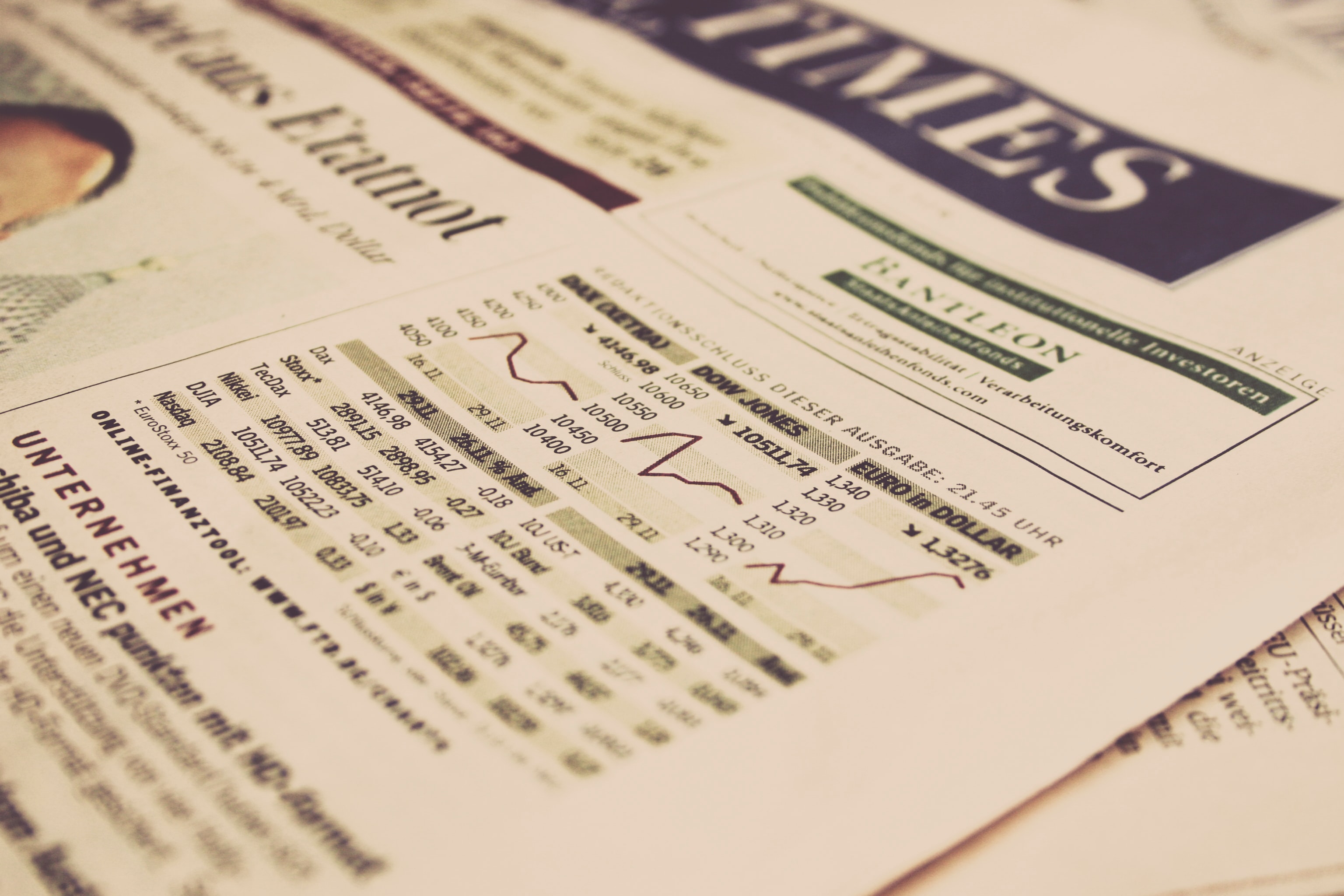With COVID-19 throwing plans off track, M&As present an attractive option for companies looking to pivot their focus, drive growth, or get out.
This article will take about 2 minutes to read
In the current environment of plummeting stock prices and general uncertainty about the global economy, the likelihood of conflict situations in mergers and acquisitions (M&A) increases dramatically. Crises are often the turning point for creating new opportunities.
Faced with this new reality, in which the need for capital will prevail, companies must prepare on several fronts. Anticipation, better communication with investors, and greater transparency are among the top concerns. Communication is key, and this has never been more true than it is for businesses today. A comprehensive communication strategy is vital to success.
A Shifting Power Balance in M&A
While the pharmaceutical, healthcare, food, and logistics industries have seen a marginal increase in demand, the vast majority of companies are facing a sudden decline in their operations. The tourism and hotel sectors have also been particularly affected. On the other hand, technology sectors have largely been able to withstand these shocks. Although no industry is truly immune from the recession, the specific implications of this pandemic have drastically increased the demand for technology across B2B as well as B2C markets. As a result, the sector is attracting the most interest amongst both international investors, as well as potential partners.
This varying impact between sectors will result in companies examining possible M&As from very different perspectives. Some companies will have persistent cash flow problems and may consider dividing up non-essential assets or divisions to provide additional liquidity. Those who have successfully weathered the storm may be more adept at acquiring and exploiting M&A opportunities.
More than any other industry, COVID-19 exposed the fragility of supply chains. Those with international routes were heavily affected by border closures and travel limitations, while those operating locally faced less of a challenge. After years of increasing globalization, this will spur substantial change in the logistics industry. Strong market players will seek to dominate important supply channels through acquisitions, stimulating the M&A market. Others will significantly shorten supply chains, at the expense of globalization. These companies are likely to aim for a larger share of their local markets, using M&A opportunities to do so.

The Future of Financial Markets
The consolidation of market share through M&As was growing even before COVID-19, particularly amongst financial institutions. This trend is likely to accelerate in the banking and insurance sectors, as well as in other sectors such as education, where companies with complementary geographic and business footprints may find mergers to be an attractive method of driving growth.
If the current pandemic persists, and it seems like it will, there will be a further increase in debt-for-equity swaps. Successful companies, although financially affected by the crisis, can be attractive targets especially for certain funds specializing in the acquisition of companies in difficulty. Lowered interest rates also help to make financing a more attractive growth strategy.
In Morocco, for example, the health crisis agreements established by the government do not seem to offer a sustainable solution for struggling companies. In light of this, many Moroccan business leaders facing challenges that they cannot overcome on their own may prefer to sell their companies, rather than fight the uphill battle.
How this Affects M&A
M&A transactions conducted today and throughout the coming months will undoubtedly have to adapt to this new context of uncertainty. Sellers need to ensure that they’re well protected and buyers must prepare for novel merger environments.
A critical aspect to consider when evaluating post-COVID transactions is whether the accounts for fiscal 2020 are an adequate basis to accurately reflect the value of the target business. If the company suffered a sharp drop in revenue during the pandemic, using an EBITDA multiple based on accounts covering this period can significantly undervalue the company (especially if the company shows signs of a strong recovery). Therefore, it may be more appropriate to use adjusted EBITDA or alternative accounts for periods that do not overlap with the coronavirus recession. There are also alternative calculation methods, such as the use of discounted cash flows or valuations of similar publicly traded companies, although they have their own limitations.
No one has a proven reference manual for navigating this unprecedented global health and financial crisis. We need to be ready to improvise and adapt in order to survive the crisis and accelerate eventual recovery. For companies with strong balance sheets, M&As will play an important role in doing just that.

Najwa El Iraki
Business Development & Financial Expert, Managing Director for North West Africa at Opportunity Network




